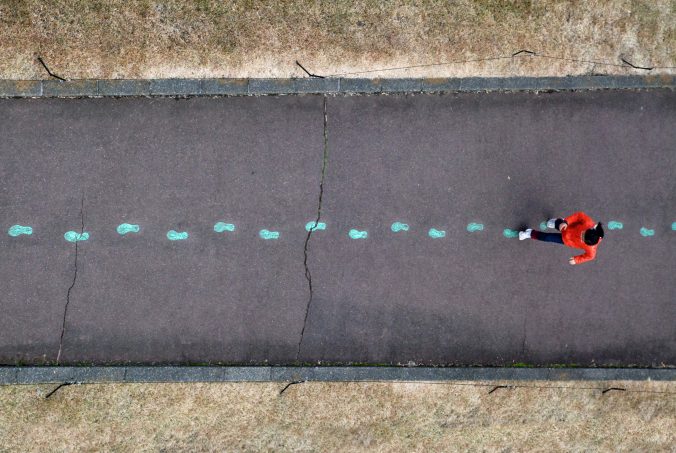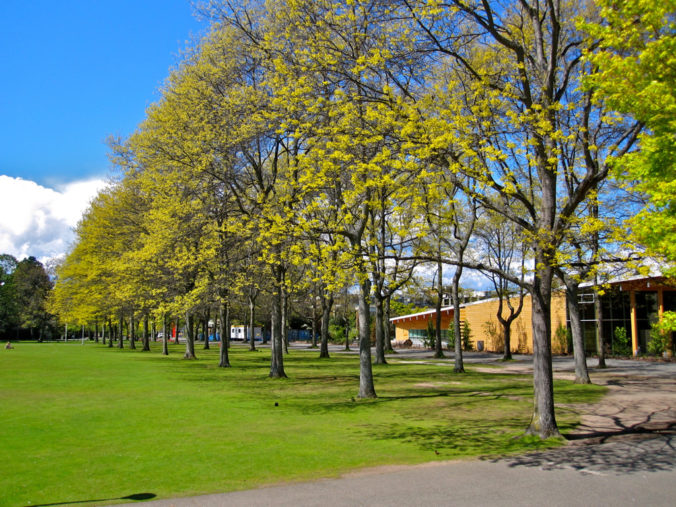The most intriguing aspect of open pedagogy that is consistent with the 5 r’s is that learning can contribute to the relevant dialogue by allowing student work to be published for the public. Contributing to public knowledge offers a more meaningful interaction with material than “disposable assignments”. This model of pedagogy allows for students’ voices to reach beyond markers and possibly have an impact on shaping the content itself if artifacts are openly licensed. There are, of course, instances where disposable assignments are preferable, as math and science are often matters of repetition.
The segment of the only reading of the week that interests me most is the discussion of Wikipedia in education. I read roughly 15 wikipedia articles a week on topics that interest me and an assignment like the one Professor Beasley-Murray assigned would be the most engaging assignment I could imagine. Not only would students be able to absorb information they would contribute to a resource that they themselves use. Having the result of your learning process remain on Wikipedia for yourself and others to reference is far more valuable than the many disposable assignments that currently populate academics.
Jhangiani (2015) is strongly in favor of “ditching the disposable assignment”, further expanding upon the positive outcomes that renewable assignments create and the barriers that hinder the adoption of the renewable assignment model. Jhangiani (2015) discusses the APS Wikipedia initiative and how it changes the old stereotype of Wikipedia being an unreliable, unusable source of information. By assigning students the task of editing and adding to Wikipedia articles, students are able to contribute to the landscape of knowledge on a given subject. This sort of real world action is much more meaningful than any one-off disposable assignment. Jhangiani asserts further that while renewable assignments allow students to act as co-creators and offer tangible content to academia, many students first experienced trepidation from the prospect of their open assignment before reporting a more rewarding feeling after project completion. Tailored learning is of course necessary in the adoption of the Wikipedia project, as it is unfair to assign a first-year student the task of authoring an entire WIkipedia entry. In keeping with the theme of open pedagogy, the APS Wikipedia Initiative has a wikipedia entry that includes the names of all the people who have contributed to it.
Twitter is a good example of an open software that allows students to openly engage with their curriculum. It allows educators and students to have a casual dialogue on the issues at hand that can be used for further education purposes. A possible hindrance to learning on Twitter is the presence of unwelcome parties who aim only to disrail academic discourse. When quarantine began and classes all over the world were moved to Zoom, a trend began on the internet of people guessing Zoom pass codes and infiltrating class sessions. Twitter operates in an even more open fashion and the threat of wrongdoers gaining access to academic discussions is even greater.
Final Reflection on Twitter:
The Twitter chat for EDCI 339 represents all of the discussion that has taken place on open learning. Though I have never used Twitter and find the format of it extremely confusing, I am confident that the amount of resources shared in the chat is much greater than any closed, disposable setting would allow. Students are able to share the resources they found in their studies while engaged in a casual discourse that promotes interest and retention. \
A student raised the issue of access to technology and its effect on learning equity to which another student replies that technological know-how must also be considered when discussing this topic. I strongly agree with this commenter. Twitter allows very open communication and collaboration but as someone who has never used it, the prospect of your first interaction on the site being an academic discussion on a topic you are quite new to is not ideal. This is in no way meant to degrade the use of Twitter in higher education but rather to echo their sentiment that keeping technological experience in mind as open pedagogy ramps up would be wise for educators.
Association for Psychological Science’s Wikipedia Initiative. (2019, September 11). Retrieved from https://en.wikipedia.org/wiki/Wikipedia:Association_for_Psychological_Science’s_Wikipedia_Initiative
Jhangiani, R. (2016, December 7). Ditching the “Disposable assignment” in favor of open pedagogy. https://doi.org/10.31219/osf.io/g4kfx
Wiley, D. & Hilton, J. (2018). Defining OER-enabled Pedagogy. International Review of Research in Open and Distance Learning, 19(4)


Recent Comments